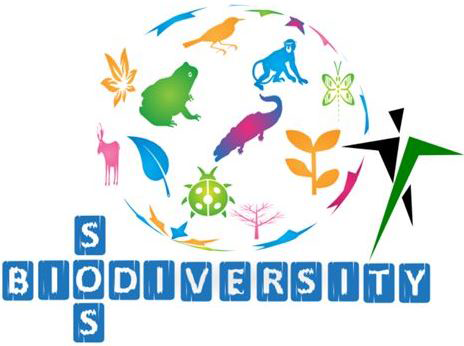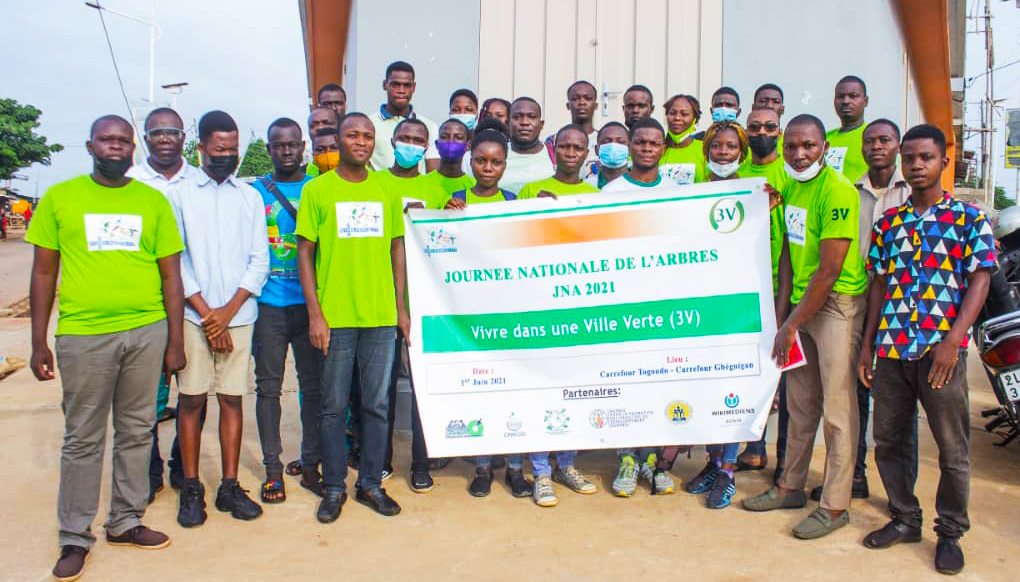Nurseries and Beekeeping: an alternative for the rehabilitation of degraded forests and sustainable rural development in the Niaouli Natural Forest region
This project aims to conserve the natural forest of Niaouli through the promotion of income-generating activities at the level of the populations living in the forest.


Overview of the project
In recent years, the effects of climate change have led to much greater pressure on natural forests, making participatory management necessary for their conservation. But in forest management, lack of information can lead to poor management plans and actions. It is important to conduct an accurate and up-to-date survey of the resources available in the Niaouli Natural Forest to determine the status of the species population still present. This forest has been less studied for some time, but it remains a biodiversity hotspot, populated by a large number of threatened species. The financial plight of villagers around this resource also needs to be addressed to achieve better participatory management. The implementation of the nursery and beekeeping project becomes particularly important considering that their practices are accessible to anyone with a good education in these areas. Beekeeping is also an important and not overlooked source of income and plays a crucial role in diversity conservation.
The objectives of this project include:
- Filling gaps in knowledge about the species composition of the forest by assessing its diversity and population status;
- Assessing the major non-timber products important to the local population;
- Reducing forest degradation by rehabilitating part of the degraded forest;
- Improve the living standards of poor local communities in the Niaouli areas by promoting and presenting other potential business opportunities;
- To raise awareness by communicating the threats to different species and the importance of natural resources.
Conserve the natural forest of Niaouli through the promotion of income-generating activities at the level of the populations living in the forest.
Ongoing research
08/05/2019 - 08/05/2020
- 30 local residents, including 20 women, trained in beekeeping and perennial plant production in nurseries
- Improvement of the income of 20 households living in the forest
- Planting of 200 woody species in home gardens and in the fields
- More than 100 local residents (youth and women) sensitized on the importance of the forest and climate threats
- A scientific article on the evaluation of forest diversity (in progress)
- Raising awareness of the local populations on the importance of the forest and the climatic threats
- Reduction of the pressure on the forest
This project was funded by The Rufford Foundation (https://www.rufford.org/projects/donald-romaric-yehouenou-tessi/tree-nurseries-and-beekeeping-an-alternative-for-the-rehabilitation-of-degraded-forests-and-sustainable-rural-development-in-the-niaouli-natural-forest-region/) and coordinated by Romaric Yehouenou Tessi (http://sosbiodiversity.org/yehouenou-tessi-donald-romaric/)
organisation
SOS Biodiversity is a Non-Governmental Organization (NGO), apolitical, social and non-profit. Its general objective is the conservation of biodiversity and the sustainable management of the environment. More specifically, SOS Biodiversity aims at
- scientific research to contribute to the improvement of knowledge on biodiversity (forest, agricultural, marine and coastal, mountain, inland water…);
- the restoration and conservation of biodiversity;
- food security through the conservation and development of wild forest species and endogenous agricultural varieties;
- the creation and sustainable management of protected areas;
- the sensitization of the population on themes related to the protection of the environment, the sustainable management of natural resources, climate change and the conservation of biodiversity.



